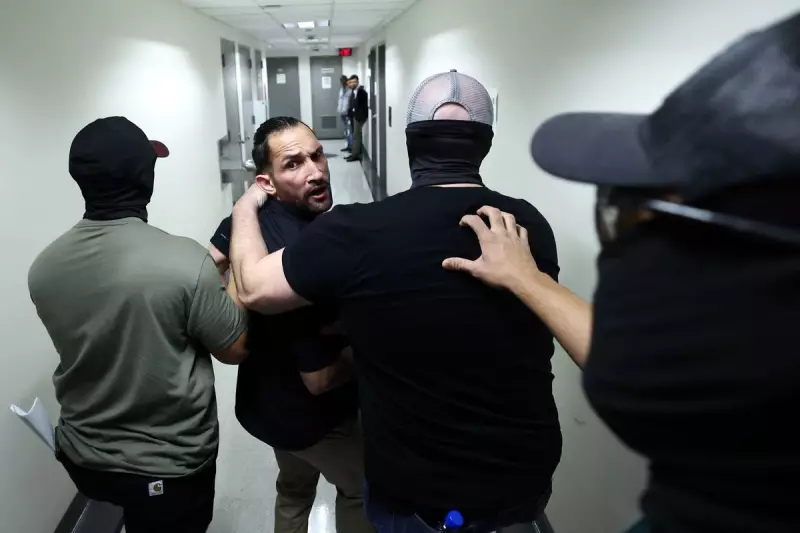
In an extraordinary break from established protocol, immigration courts across the United States are being forced to remain open despite the ongoing government shutdown, creating what legal experts are calling a "constitutional crisis in the making."
The controversial decision, linked to the Trump administration's immigration policies, means thousands of immigration cases will proceed while other federal courts have largely suspended operations.
Backlog Crisis Deepens
The nation's immigration court system, already buckling under a staggering backlog of over 1.1 million cases, faces unprecedented pressure as judges and court staff are required to work without pay during the political impasse.
"This represents a complete departure from standard procedure during previous shutdowns," explained one senior court official who wished to remain anonymous. "Typically, these courts would close along with other non-essential government services."
Legal and Ethical Concerns Mount
Legal advocacy groups have expressed grave concerns about the implications of keeping courts open during a funding lapse. Key issues include:
- Due process violations for immigrants unable to properly prepare their cases
- Unpaid court staff facing financial hardship while being compelled to work
- Potential legal challenges to decisions made during the shutdown period
- Safety concerns in courtrooms operating with reduced security
One immigration attorney described the situation as "justice under duress," noting that both government lawyers and immigrant respondents face significant disadvantages under these extraordinary circumstances.
Political Implications
The decision to keep immigration courts operational appears closely tied to the Trump administration's broader immigration agenda. With border security and immigration enforcement being central to the political standoff triggering the shutdown, maintaining court operations serves multiple political purposes:
- Demonstrating commitment to immigration enforcement
- Processing deportation cases without interruption
- Maintaining pressure on congressional opponents
However, critics argue the move prioritizes political objectives over both legal due process and the wellbeing of court employees.
The long-term consequences for an already overwhelmed immigration court system remain uncertain, but legal experts warn that the current situation could lead to years of litigation challenging decisions made during this unprecedented period.





